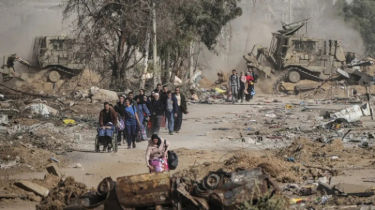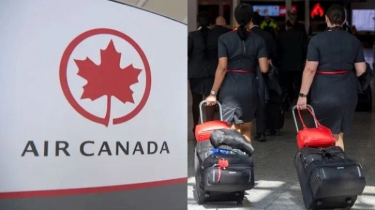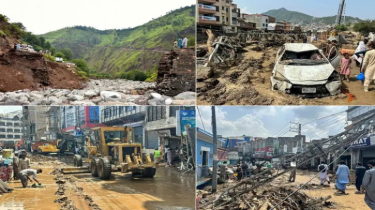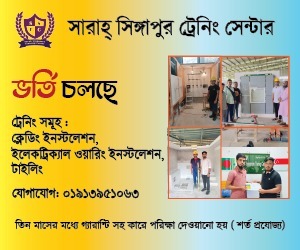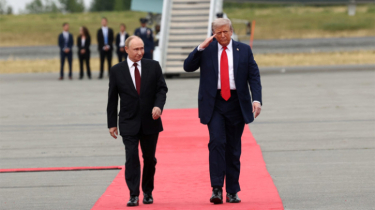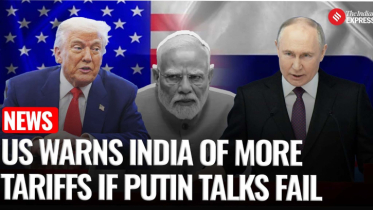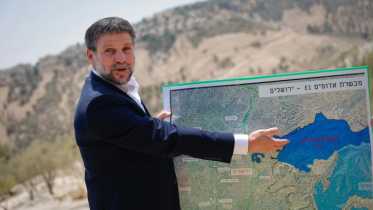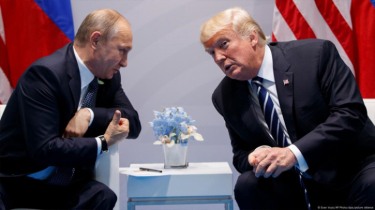Why Al Jazeera Journalist and Three Colleagues Were Killed in Gaza Airstrike?
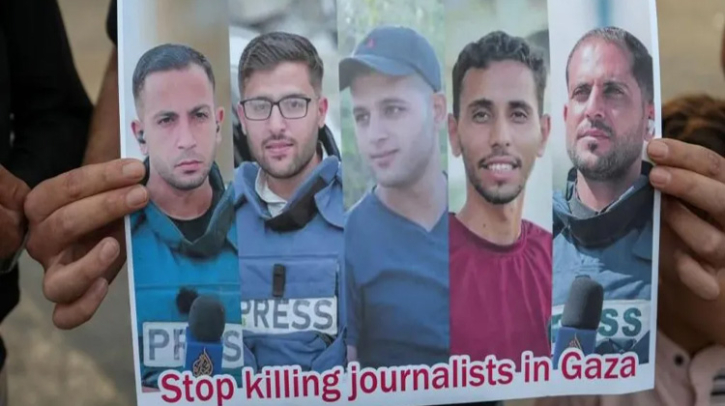
Published : 19:50, 12 August 2025
On the night of August 10, 2025, a powerful Israeli airstrike struck a designated media tent outside Al-Shifa Hospital in Gaza City, killing prominent Al Jazeera correspondent Anas al-Sharif (28) along with colleagues Mohammed Qreiqeh, Ibrahim Zaher, and Mohammed Noufal. Freelance cameraman Moamen Aliwa was also killed, along with other civilians in the area. The strike tore through the press tent—clearly marked as a media zone—and damaged the hospital’s emergency entrance, further straining medical services already overwhelmed by casualties from ongoing bombardments.
Anas al-Sharif
Anas al-Sharif was one of Al Jazeera’s most recognizable reporters in Gaza. Known for his fearless front-line reporting, he documented the devastation of Israeli airstrikes, the humanitarian crisis in besieged neighborhoods, and the daily struggles of civilians. His work often reached millions across the Arab world and beyond, giving voice to those cut off from the outside world during communication blackouts. Colleagues remember him as deeply committed to his mission, often refusing to leave dangerous areas so he could continue to bear witness.
Mohammed Qreiqeh
A seasoned field correspondent, Qreiqeh specialized in covering human-interest stories amidst conflict. His ability to connect with survivors and capture their personal narratives brought depth to Al Jazeera’s coverage. He had previously reported on humanitarian issues, including displaced families and the destruction of cultural heritage sites. Friends described him as calm under pressure, with a quiet determination to highlight the human cost of war.
Ibrahim Zaher
Zaher was a skilled cameraman whose work often formed the visual backbone of Al Jazeera’s reports from Gaza. Known for his precision and adaptability, he was often seen moving through rubble and danger zones to capture critical footage. His colleagues noted that his technical expertise and composure in chaotic environments made him indispensable to field teams.
Mohammed Noufal
Noufal was part of Al Jazeera’s camera crew, assisting in live broadcasts and on-the-ground documentation. Relatively younger in his career, he had already built a reputation for reliability and an eagerness to learn from senior journalists. He was praised for his teamwork and his dedication to ensuring that crucial moments were recorded accurately, even under fire.
Moamen Aliwa
A freelance cameraman, Aliwa collaborated frequently with Al Jazeera and other outlets to cover breaking news in Gaza. Versatile and resourceful, he often stepped in at short notice to help capture urgent developments. His colleagues described him as committed to showing the truth, regardless of personal risk.
The Attack and Its Aftermath
The Israel Defense Forces (IDF) claimed responsibility for the strike, alleging that Anas al-Sharif was a Hamas commander posing as a journalist. Al Jazeera, press freedom advocates, and multiple governments swiftly rejected the accusation as baseless, pointing out the lack of evidence and warning against a pattern of labeling journalists as combatants.
Al Jazeera condemned the attack as a “premeditated assassination”, stressing that the strike targeted a clearly marked media location. The network asserted that the killings were intended to silence independent reporting from Gaza, particularly from journalists who had been documenting civilian suffering in real time.
The incident triggered international outrage. The United Nations, European Union, and several national governments called for an independent investigation, warning that targeting journalists may constitute a war crime under international law. Media watchdogs, including the Committee to Protect Journalists, have labeled Gaza the deadliest place in the world for reporters, with more journalists killed there since October 2023 than in any modern conflict.
The loss of these journalists is not only a tragedy for their families and colleagues but also a blow to global press freedom. Their deaths underscore the indispensable role of frontline reporters in bearing witness to war and ensuring that the stories of those caught in the crossfire are heard worldwide.
Sources
Reuters, BBC News, Associated Press, Financial Times




